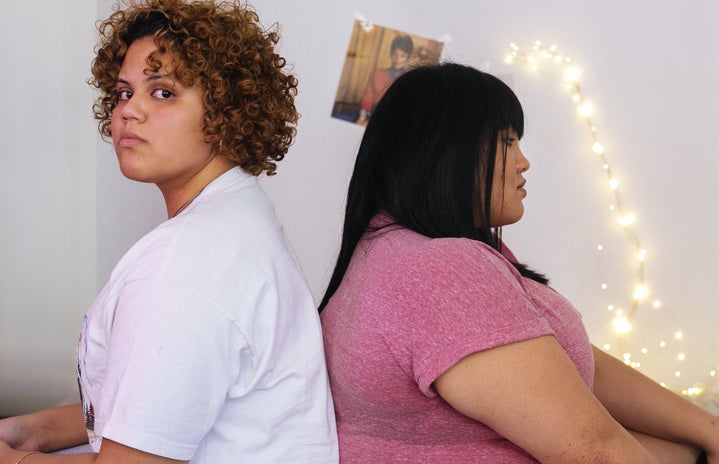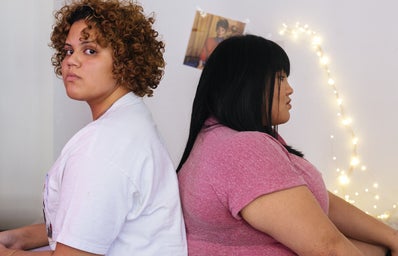We have all hurt someone whether it be emotionally, verbally, or physically. Whether it was in a heated moment, accidentally or on purpose. No matter when or how, it is important to acknowledge your actions and apologize. Here are some tips for a good apology by Dr. Harriet Lerner:
- Does not include the word “but”
-
I’m sorry I hurt you….but…
You may as well not apologize at all. By using “but” you are taking away the significance of what was said before the “but”.
- Keeps the focus on your actions and not on the other person’s response
- Includes an offer of reparation or restitution that fits the situation.
-
Think about what can be done to restitute the situation. Do not make it definite, allow for flexibility. Better yet, it does not hurt to ask.
- Does not over do.
-
Keep it plain and simple.
- Does not get caught up in who’s more to blame or who started it.
- Required that you do your best to avoid a repeat performance.
-
The best apology is changed behavior.
- Should not serve to silence.
- Shouldn’t be offered to make you feel better of it, risk making the hurt party feel worse.
- Does not ask the hurt party to do anything, not even forgive.
-
If you are truly sorry you will be content with saying your apology because you mean it. When the hurt party is ready to forgive you, they will, and if they are not, oh well.

